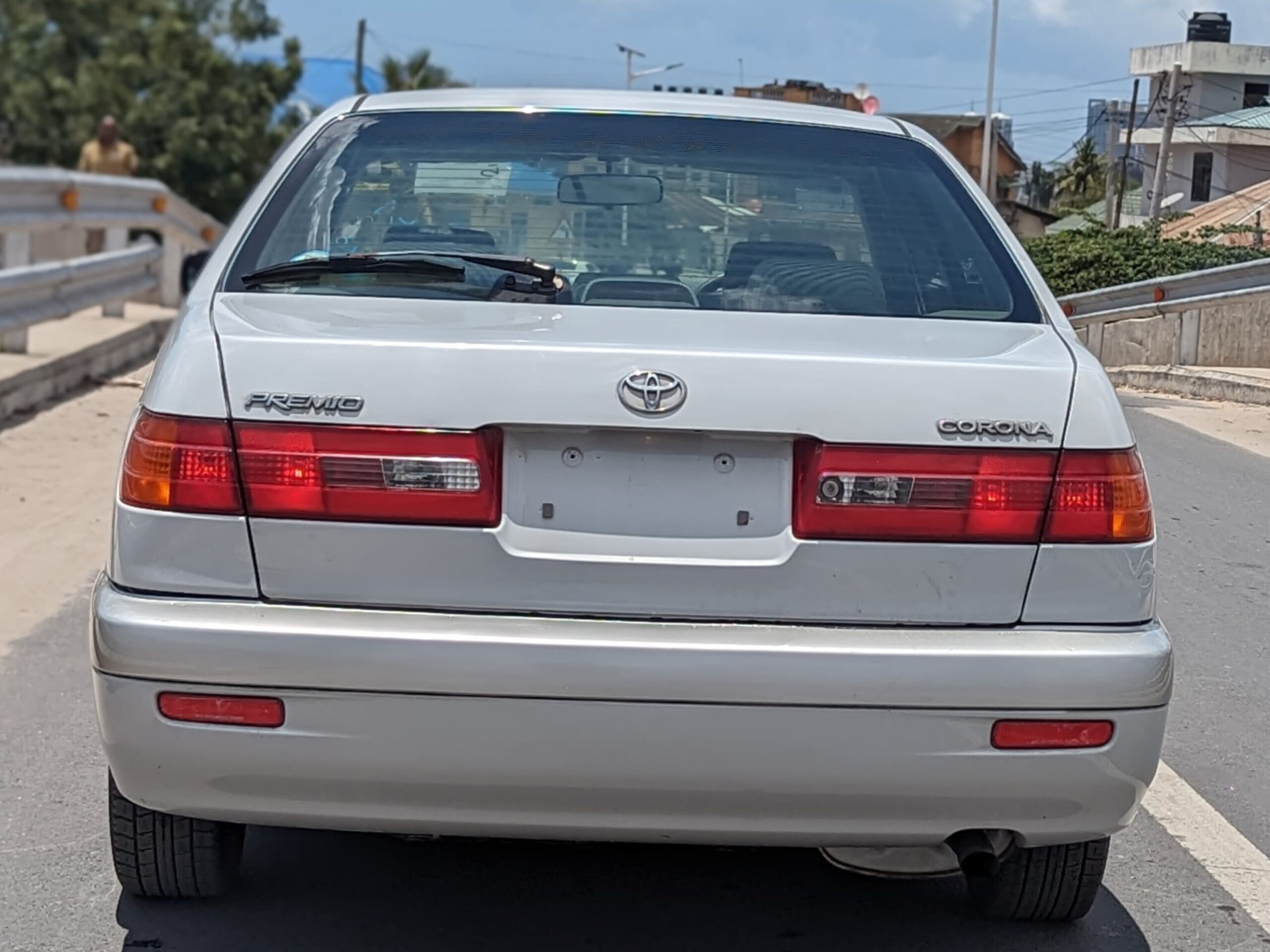Thinking of buying a used car in Kenya? It’s a smart move — you save money and avoid steep depreciation. But, not all used cars are a good deal. Whether you’re buying from a dealer or a private seller, do your homework.
Here are seven things every Kenyan buyer should check before signing the deal:
1. Verify Ownership & Logbook
Always ask to see the logbook. Make sure:
- The name matches the seller’s ID
- The vehicle’s details (chassis, engine number) match the physical car
- The car isn’t listed with NTSA as having pending issues like police cases or loans
Tip: Use the NTSA SMS code 22846 to check the car’s registration status.
2. Check for Outstanding Loans or Charges
Many used cars in Kenya are bought on loan and may still be under logbook financing. If the logbook is held by a lender, you can’t transfer ownership until the loan is cleared.
Ask the seller:
- “Is this vehicle fully paid for?”
- “Do you have full access to the logbook?”
3. Inspect the Body for Damage or Rust
Cars in coastal areas (like Mombasa) often suffer from rust due to humidity. Look for:
- Paint inconsistencies (could indicate body repair)
- Signs of accidents: misaligned panels, replaced headlights or bumpers
- Rust spots under doors, wheel arches, or trunk area
4. Check the Engine & Fluids
Even if you’re not a mechanic, here’s what you can do:
- Open the bonnet and look for oil leaks or loose parts
- Check engine oil: It should be golden-brown, not black
- Look at the coolant: Should be clean and not murky
- Listen for odd engine noises when the car starts
For peace of mind, consider a pre-purchase inspection by a trusted mechanic.
5. Mileage vs. Condition
A low-mileage car isn’t always better if it was poorly maintained. Ask for the service history and pay attention to:
- How the seats and steering wheel look (heavily worn interiors could signal high usage)
- Consistency between mileage, tire wear, and general condition
Some odometers may have been tampered with — don’t rely on the numbers alone.### 6. Try Out the Electronics
Before you buy:
- Test the headlights, indicators, wipers, electric windows, and infotainment system
- Check if the air conditioning works
- Make sure all dashboard warning lights go off when you start the engine
Little repairs can be costly — don’t be surprised by them. Confirm everything works.
7. Test Drive on Different Roads
Always take the car for a spin:
- Drive through potholes and bumps to test the suspension
- Hit the highway to test acceleration, stability, and braking
- Turn off the radio — listen to the engine, brakes, and wheel noise
Trust your instincts. If it doesn’t feel right, it isn’t.
Conclusion
Buying a used car in Kenya is fun — but don’t hurry. These checks can save you thousands in repairs or legal trouble down the line. If unsure, consult a mechanic or vehicle expert before buying.
